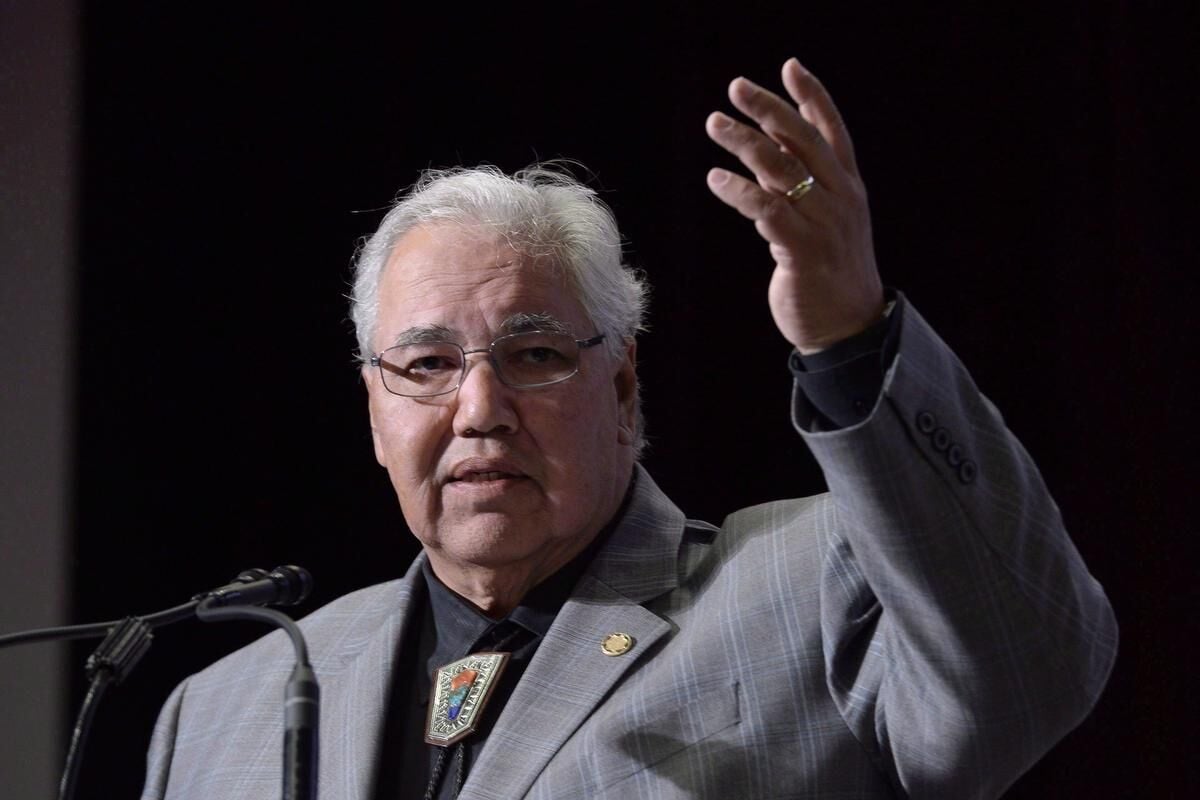
Canada Mourns the Loss of Murray Sinclair, Icon of Truth and Reconciliation
Murray Sinclair, one of Canada’s most influential Indigenous leaders, passed away at the age of 73. He leaves behind a monumental legacy as a trailblazer for Indigenous rights and as a leading voice in Canada’s journey toward truth and reconciliation. Sinclair, who served as the chair of the Truth and Reconciliation Commission (TRC), died peacefully in Winnipeg, surrounded by family, after a prolonged battle with congestive heart failure. His impact reached far beyond Indigenous communities, touching Canadians across all backgrounds and levels of society. Known for his unwavering commitment to justice and fairness, he was a transformative figure in Canada’s legal and political landscape.
Sinclair’s work with the TRC is perhaps his most renowned contribution. As the chair, he traveled across Canada, listening to thousands of heartbreaking stories from survivors of the Indian residential school system. His leadership was instrumental in the TRC’s final report, which included 94 Calls to Action aimed at addressing the harms inflicted on Indigenous communities and promoting healing. These calls laid out a framework for Canada to move forward on the path of reconciliation—a mission Sinclair remained deeply dedicated to until his last days.
Also Read:- "Mel Stride Named Shadow Chancellor, Patel Takes Foreign Affairs in New Tory Lineup"
- Sportsbet Brings Thrilling Coverage and Analysis for Melbourne Cup Day
His contributions to Canadian society extend well beyond the TRC. In 1988, he became Manitoba’s first Indigenous judge and went on to become a senator, where he continued to advocate for the rights and well-being of Indigenous people. In these roles, he gained a reputation for fairness, compassion, and an unmatched dedication to justice. Murray Sinclair was never afraid to confront Canada’s darkest histories; he believed that facing uncomfortable truths was essential to creating a better future for all. His strength of character and quiet determination were recognized both nationally and internationally, with numerous awards and honors, including the Order of Canada.
Sinclair's early life, marked by challenges, shaped his resilience and commitment to his community. Born on the former St. Peter’s Indian Reservation in Selkirk, Manitoba, Sinclair faced the loss of his mother at a young age and was raised by his grandparents. His grandmother’s teachings connected him to his Anishinaabe heritage, an identity he carried with pride throughout his life. His name in Ojibway, Mazina Giizhik , meaning “the one who speaks of pictures in the sky,” reflected the visionary path he would take. These early experiences instilled in him a profound understanding of the importance of family, culture, and spirituality—values he carried into his life’s work.
His passing leaves a deep void, but his legacy is a beacon of hope and resilience for future generations. Tributes have poured in from across Canada. Prime Minister Justin Trudeau called Sinclair a "giant" and a "champion of Indigenous rights." Governor General Mary Simon remembered him as a “wise and generous soul,” and community members gathered at the Manitoba Legislative Building to honor him, lighting a sacred fire in his memory. Sinclair's vision of love, respect, and unity was central to his life’s work, and he encouraged Canadians to carry these values forward in building relationships between Indigenous and non-Indigenous communities.
Murray Sinclair’s life reminds us of the strength of compassion, the importance of justice, and the enduring power of truth. His memory will guide Canada’s ongoing journey towards healing and reconciliation, inspiring generations to continue the work he began. Canada has lost a remarkable leader, but his legacy of empathy and courage lives on in the hearts of all who knew him and in the history he helped to shape.
Read More:

0 Comments